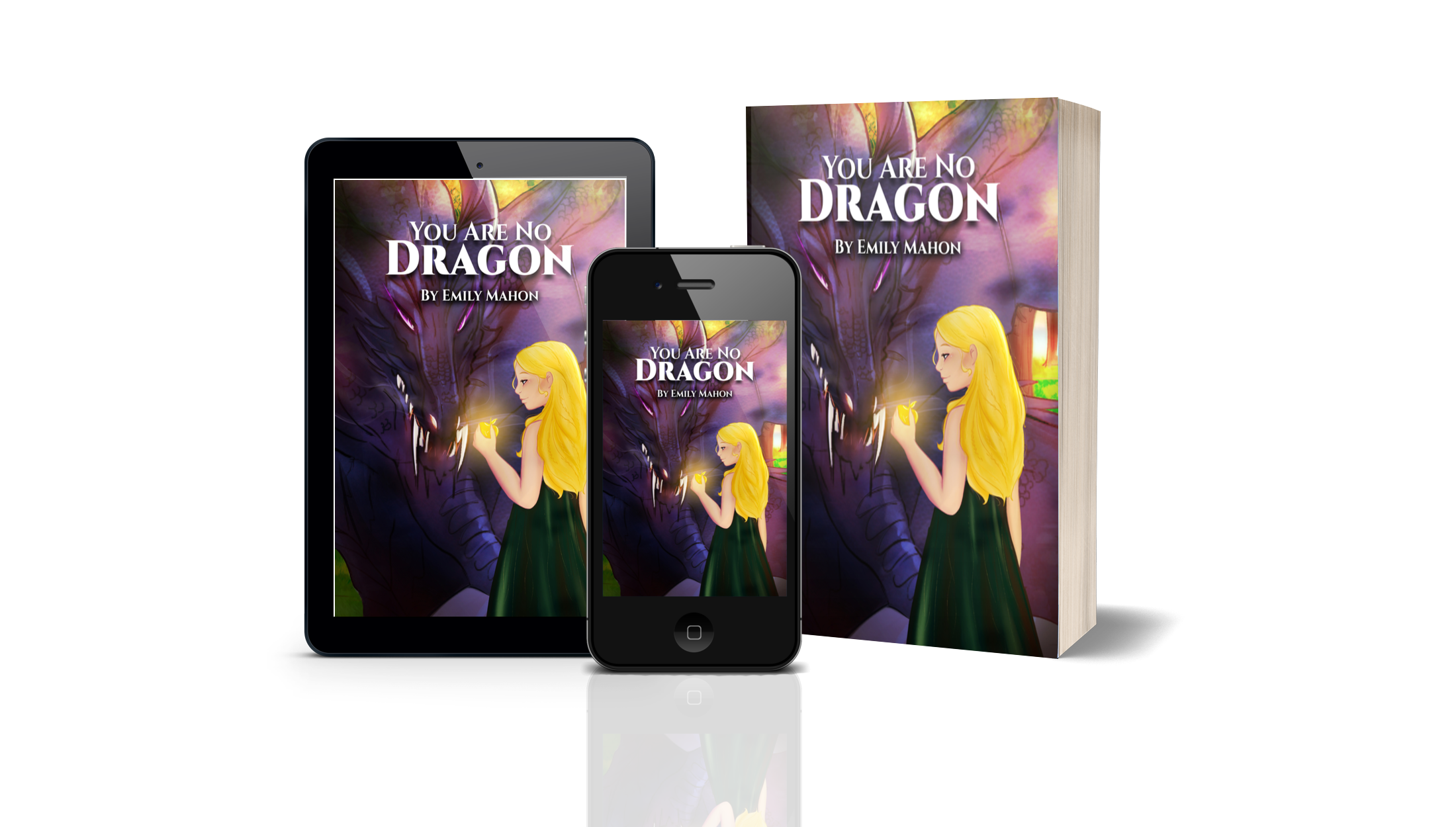With its rich tapestry of gods, goddesses, and mythical creatures, Norse mythology has captivated audiences for centuries. The realm of Asgard, the dwelling place of these divine beings, serves as the backdrop for countless epic tales of heroism, power, and transformation. Among the powerful goddesses of Norse mythology, Freya and Iduna hold a special place, and their influence is masterfully woven into the fabric of Emily Mahon’s enchanting book, “You Are No Dragon.”
In this blog, we delve into the mythical origins of Freya and Iduna, exploring their significance and how they play pivotal roles in this children’s fantasy tale of self-discovery, friendship, and empowerment.

The Goddess of Love and Prosperity: Freya, the Alluring Enchantress
In Norse mythology, Freya is one of the most revered goddesses, embodying love, beauty, and fertility. Also known as Frigg, she is the wife of Odin, the king of Asgard, and her charm and allure make her a figure of immense admiration among the gods. As the goddess of love, Freya possesses the power to kindle desire and passion, but she also governs matters of fertility and prosperity, endowing her followers with abundance and well-being.
In “You Are No Dragon,” we encounter Freya in a unique guise of an angry dragon concealing her divine identity and immense powers. Her transformation into this fearsome creature reflects the book’s central theme of unmasking one’s true self, and through the journey of self-discovery, Freya ultimately emerges as the most powerful of the goddesses.
The Eternal Youthfulness: Iduna, the Keeper of Youthful Vitality
Iduna, the goddess of eternal youthfulness, is another prominent figure in Norse mythology. As the guardian of the golden apples, which bestow everlasting youth upon the gods of Asgard, she plays a vital role in preserving the vitality of divine beings. Iduna’s apples are treasured by the gods, for partaking of these fruits ensures their eternal youthfulness, making her a beloved figure in the realm of Asgard.
In “You Are No Dragon,” Iduna is not only a symbol of eternal youthfulness but also represents the purity of unconditional love and the unyielding belief in the inherent goodness of others. Her unwavering friendship and acceptance propel Freya on a transformative journey, leading her to shed her limiting beliefs and embrace her true divinity.
The Symbolism of Transformation and Rebirth
Though “You Are No Dragon” is not a traditional Norse myth, it skillfully employs the symbolism of Freya and Iduna to tell a tale of transformation and rebirth. The characters’ journey resonates with the themes of self-discovery, acceptance, and empowerment—themes deeply rooted in Norse mythology and folklore.
As young readers embark on Freya and Iduna’s magical adventure, they encounter a profound exploration of identity and inner strength. The notion of donning masks to conceal one’s true self is relatable to children and adults alike. Through the power of unconditional love and authentic connections, the book teaches valuable life lessons, urging readers to embrace their inner divinity and find the courage to be their true selves.
Empowering Young Readers
“You Are No Dragon” is more than just a children’s fantasy tale; it provides empowerment for young readers, especially girls aged 4 to 10. In a literary landscape that is increasingly conscious of representing strong female characters, this book stands out for its portrayal of Freya and Iduna as powerful and inspirational heroines.
The story not only celebrates the essence of femininity but also defies gender norms and stereotypes. Freya’s journey from an angry dragon to a goddess highlights the message that true strength comes not from physical might but from embracing one’s authentic self and recognizing the power within.
The Parental Connection
For parents who are intrigued by Norse mythology or have an affinity for fantasy, “You Are No Dragon” offers an opportunity to share in the magic of storytelling with their children. The fusion of mythical elements and a heartwarming narrative creates a captivating experience for both parents and young readers.
Parents can engage in meaningful discussions with their children about the themes of friendship, self-acceptance, and the transformative power of love. Through this imaginative tale, parents can encourage their children to embrace their uniqueness and celebrate the qualities that make them special.
Conclusion
In “You Are No Dragon,” Emily Mahon skillfully blends Norse mythology with a heartwarming narrative to create a children’s fantasy tale that transcends the boundaries of age and time. Freya and Iduna, powerful Asgard goddesses, represent transformation, rebirth, and the enduring power of unconditional love.
As young readers journey through the enchanting world of “You Are No Dragon,” they are immersed in a captivating story and imbued with valuable life lessons. The book empowers young minds to embrace their true selves fearlessly and appreciate the strength within the connections they form with others.
With its celebration of friendship, self-discovery, and acceptance, “You Are No Dragon” stands as a beacon of hope and inspiration, encouraging children to unmask the divine potential that resides within them and embark on their own heroic journeys. Through the power of storytelling, Emily Mahon has crafted a timeless and empowering tale that will undoubtedly leave a lasting impression on young hearts and minds for generations to come.

I do believe all the ideas you’ve presented for your post. They are really convincing and will certainly work. Nonetheless, the posts are too short for novices. May just you please lengthen them a little from subsequent time? Thanks for the post.